Trusted by 9,500+ global brands and organizations

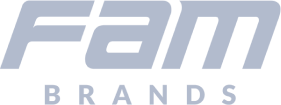


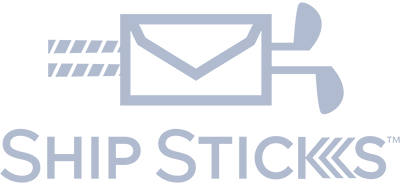
WHY ACTIVTRAK
Unprecedented insights to improve workforce planning
ActivTrak unlocks unprecedented visibility into the utilization of your company’s most valuable assets – your people, tools and workplaces.
Explore how leaders use ActivTrak to optimize workforce investments for increased productivity and profit margins:
- Capacity and headcount planning
- Technology license planning
- Impact analysis of organizational change
- Productivity insights by location

“I use ActivTrak’s data for indisputable evidence for hiring new staff; primarily because workforce is 78% of my costs. Anytime there is a request for a new salaried headcount, I look at the utilization of the current team in the Headcount Planning Dashboard before approving.”
CFO
Human Resource & Employment Services
500-1000 employees
CAPACITY & HEADCOUNT PLANNING
Maximize workforce ROI and make data-informed headcount decisions
- Discover untapped labor capacity
- Make data-informed efficiency and headcount decisions
- Rightsize teams and balance workloads
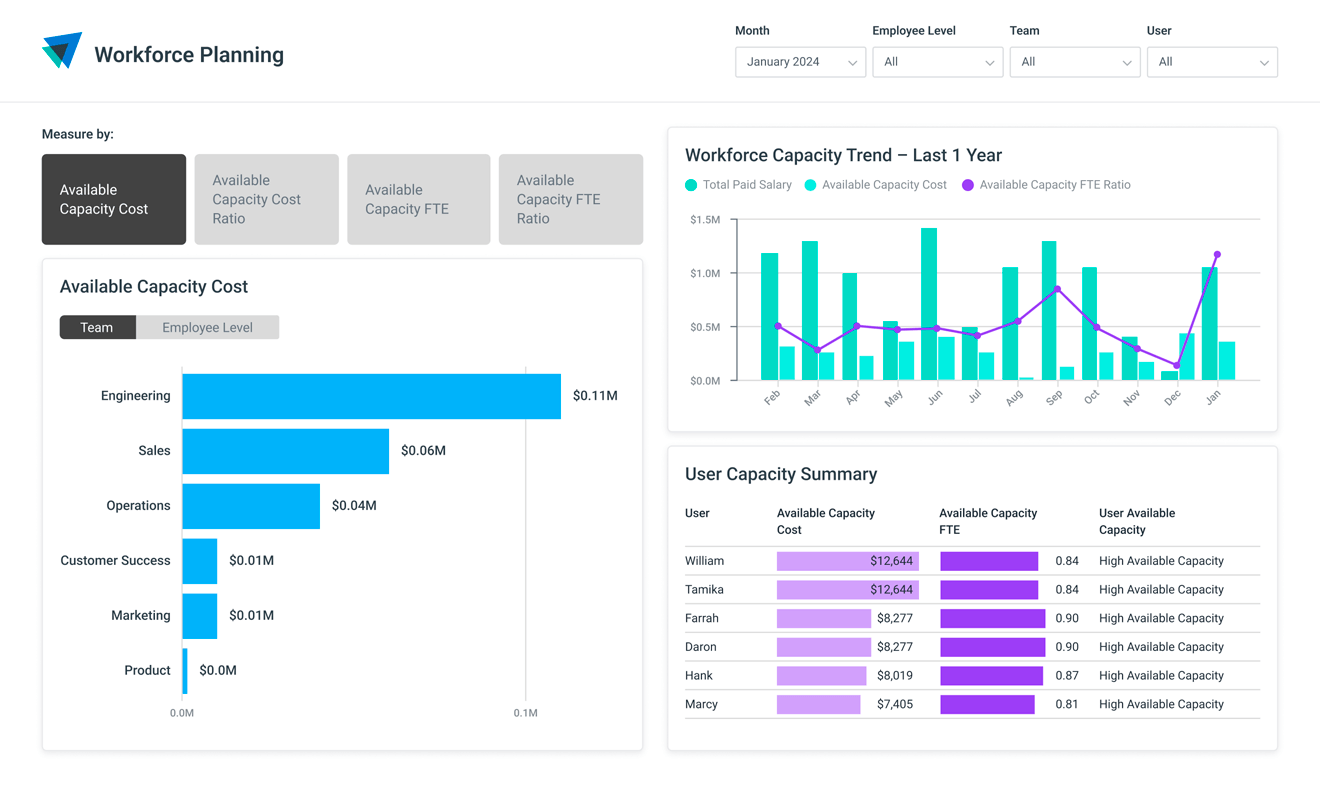
TECHNOLOGY LICENSE PLANNING
Reduce workforce technology costs
- Identify unused licenses and rightsize technology investments to reduce costs
- Monitor license usage trends to anticipate future needs and effectively allocate resources based on team roles and responsibilities
- Detect and adjust technology usage patterns to optimize resource allocation
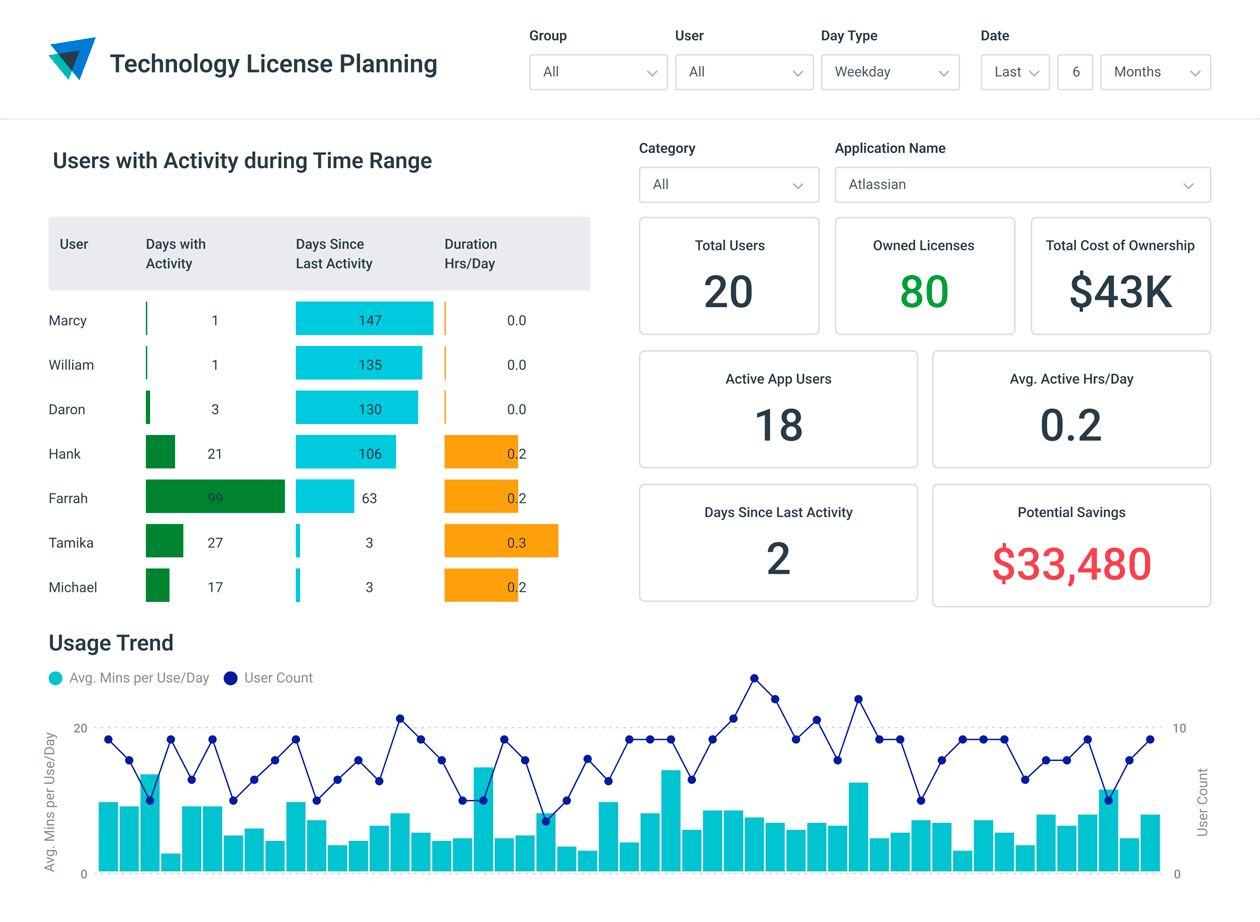
IMPACT ANALYSIS
See how organizational change affects your teams
- Conduct before-and-after analyses and A/B tests
- Understand trends in employee productivity, workload, engagement and technology usage
- Quickly identify and mitigate negative effects
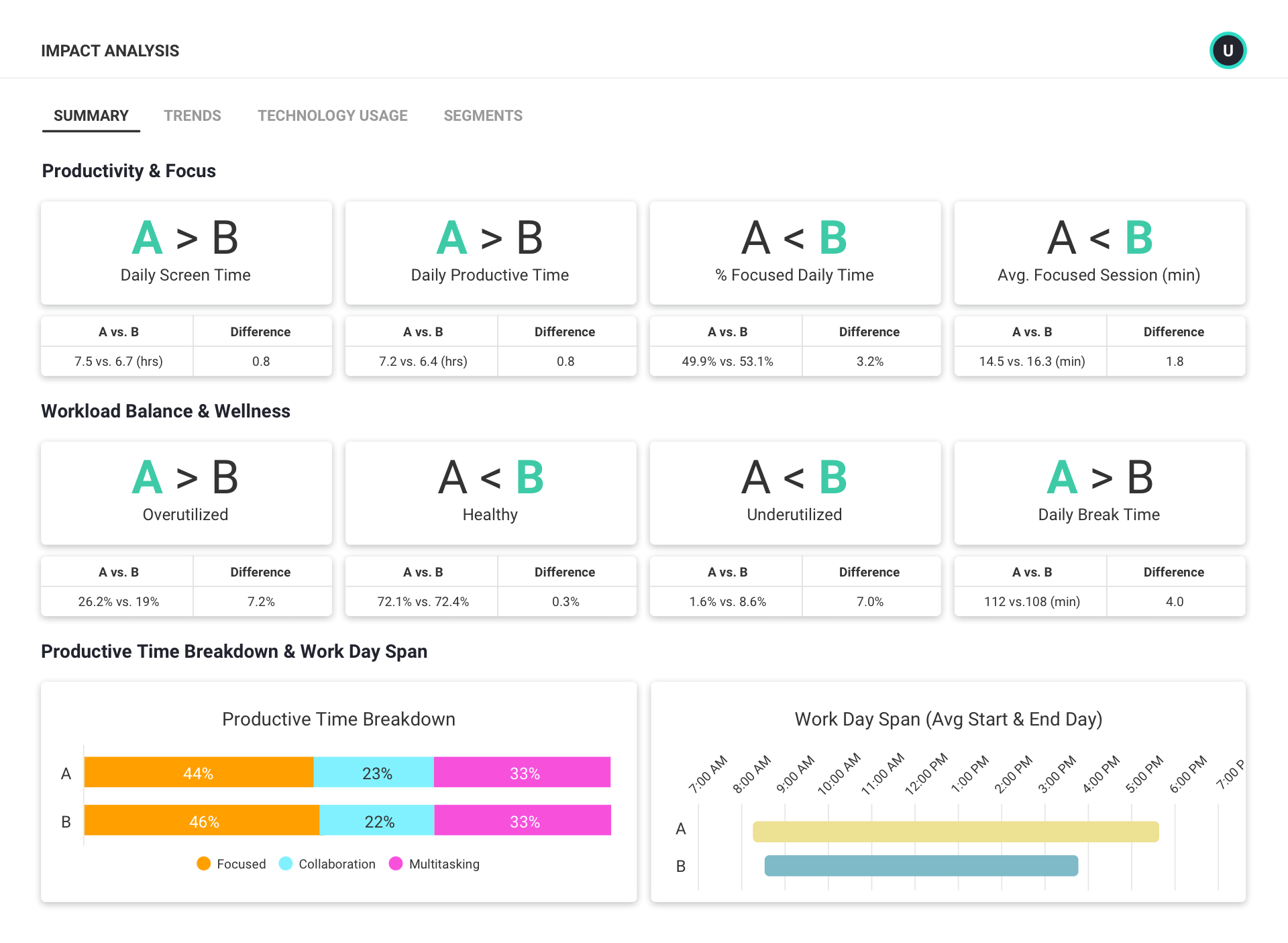
LOCATION INSIGHTS
Understand where employees work – and where they work best
- Correlate location to individual productivity and work habits
- See who’s in the office (and when) for hybrid work policy compliance
- Maximize real estate investments by understanding office utilization
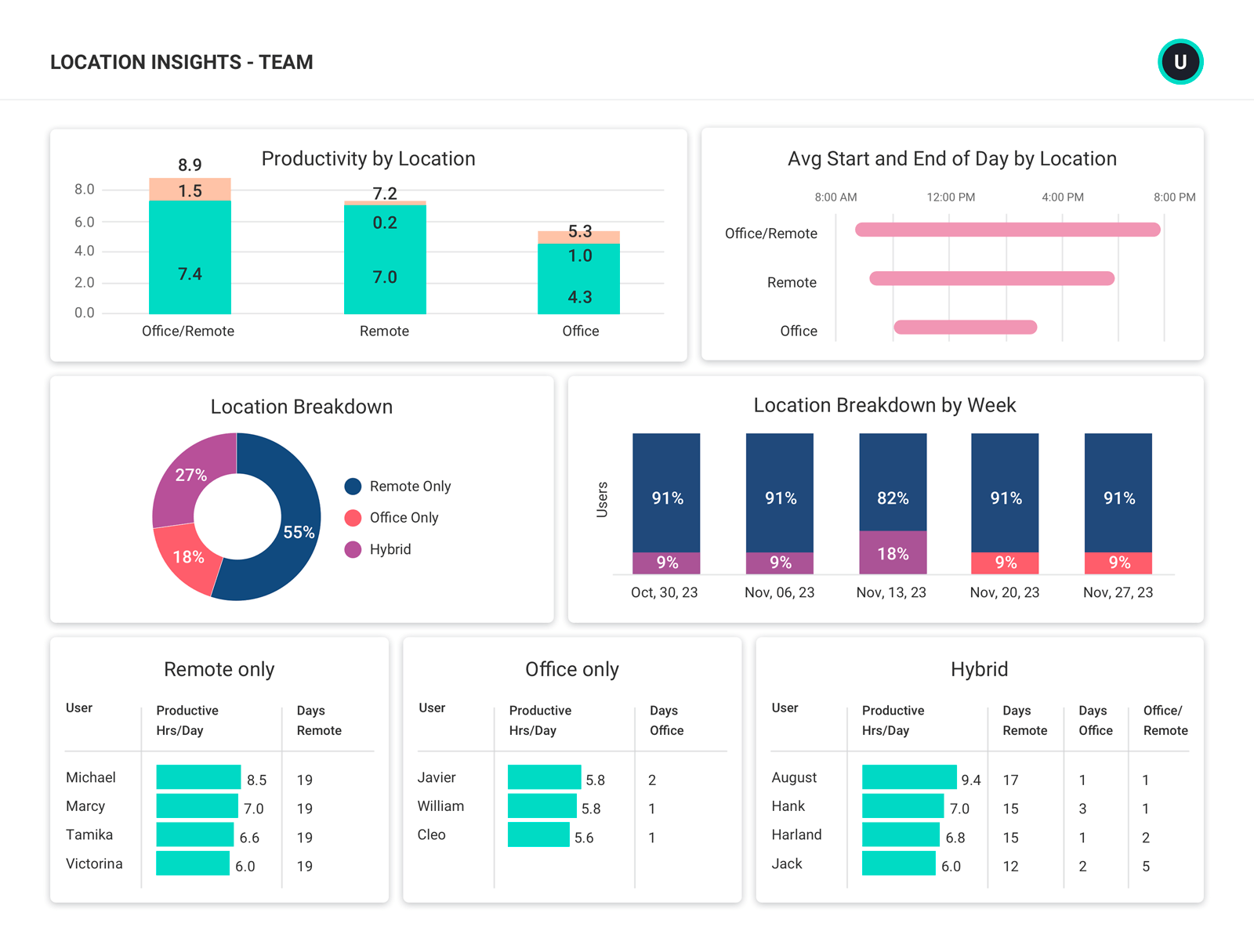
Explore ActivTrak’s key features
Dashboards
View a summary of workforce productivity metrics to keep a pulse on issues that impact burnout, engagement and efficiency.
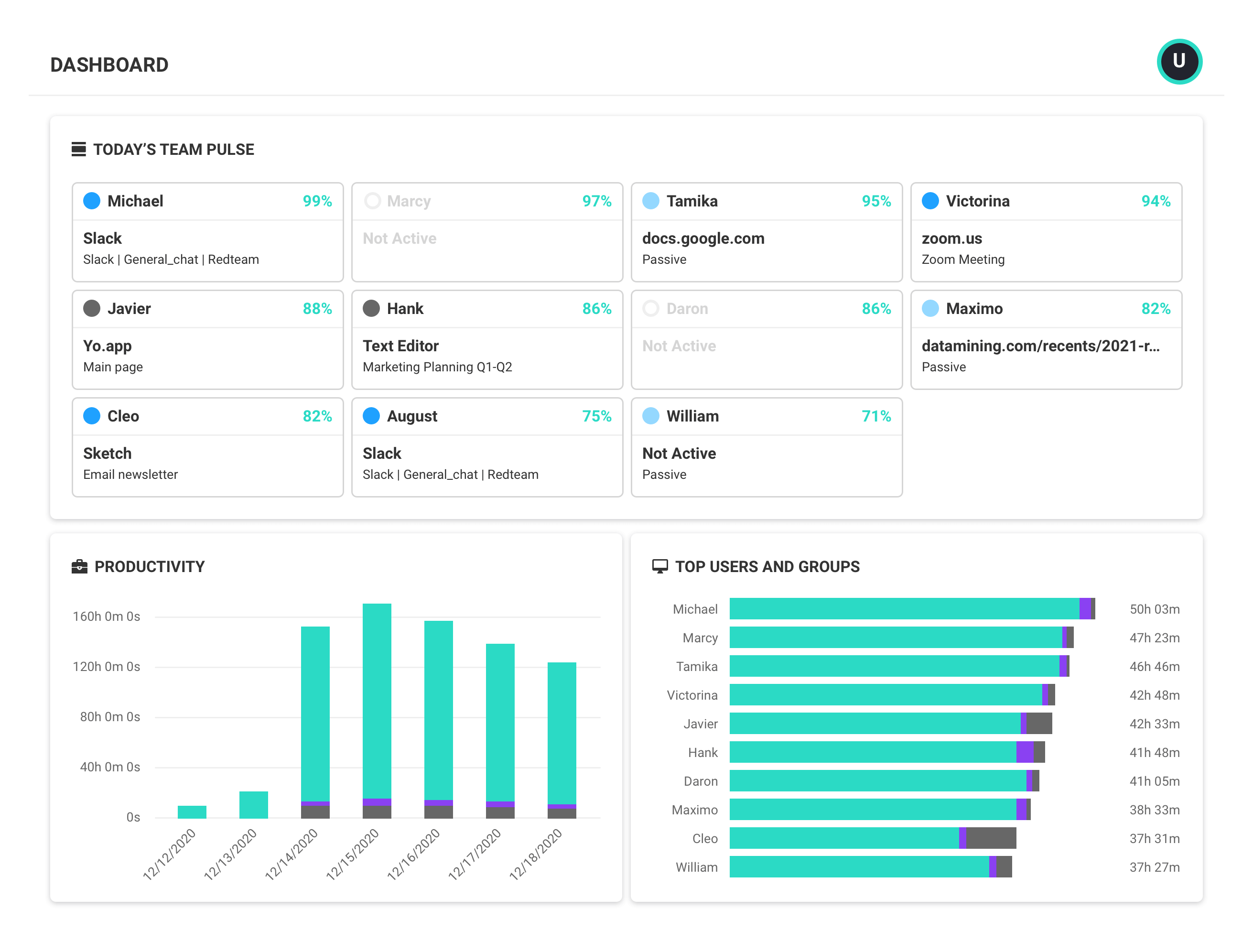
Productivity Reports
Gain valuable insights into factors affecting employee productivity with reports that drill down by date range, users, computers and other criteria.
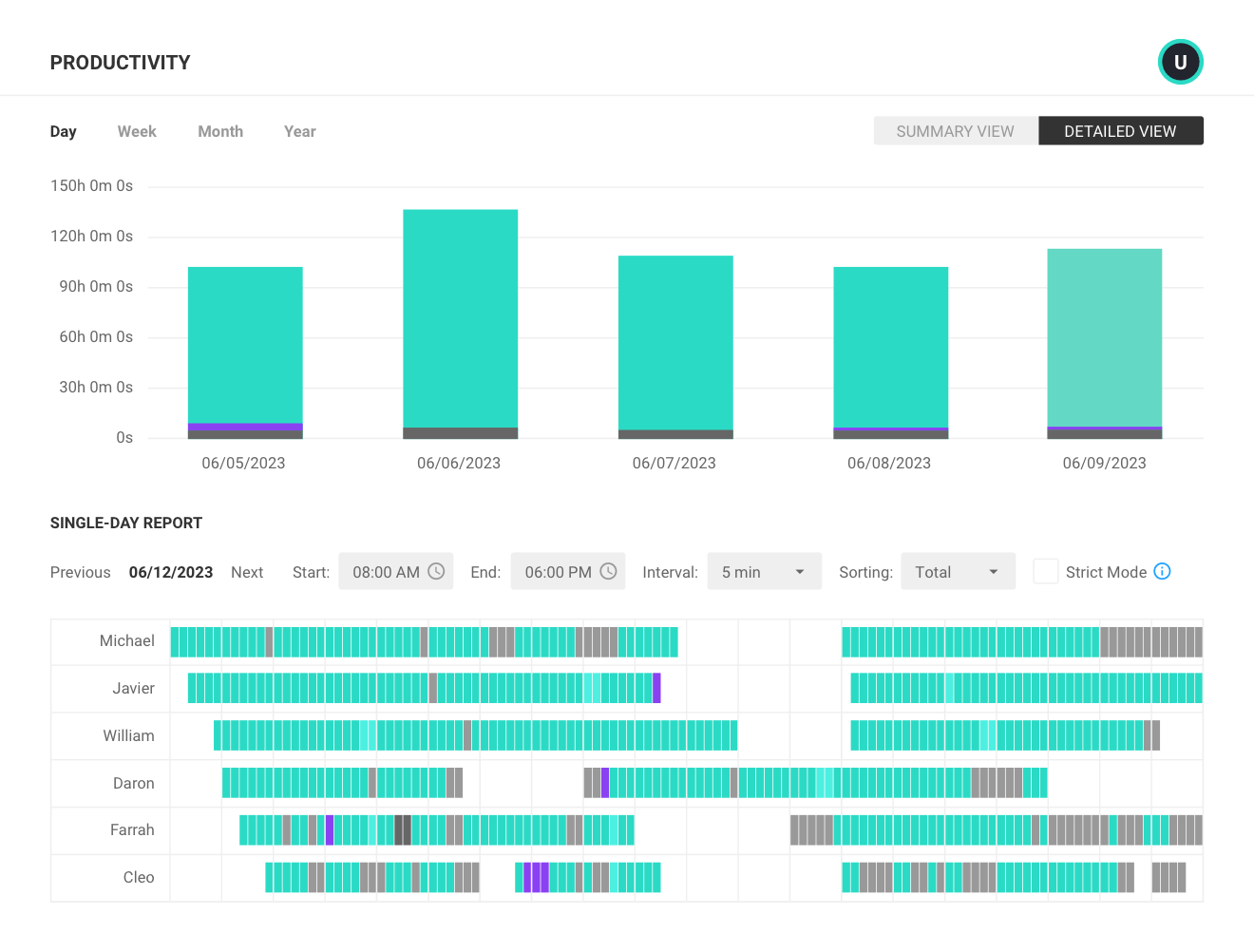
Team Productivity
See team productivity and availability status to assess workload balance and identify best practices of top performers.
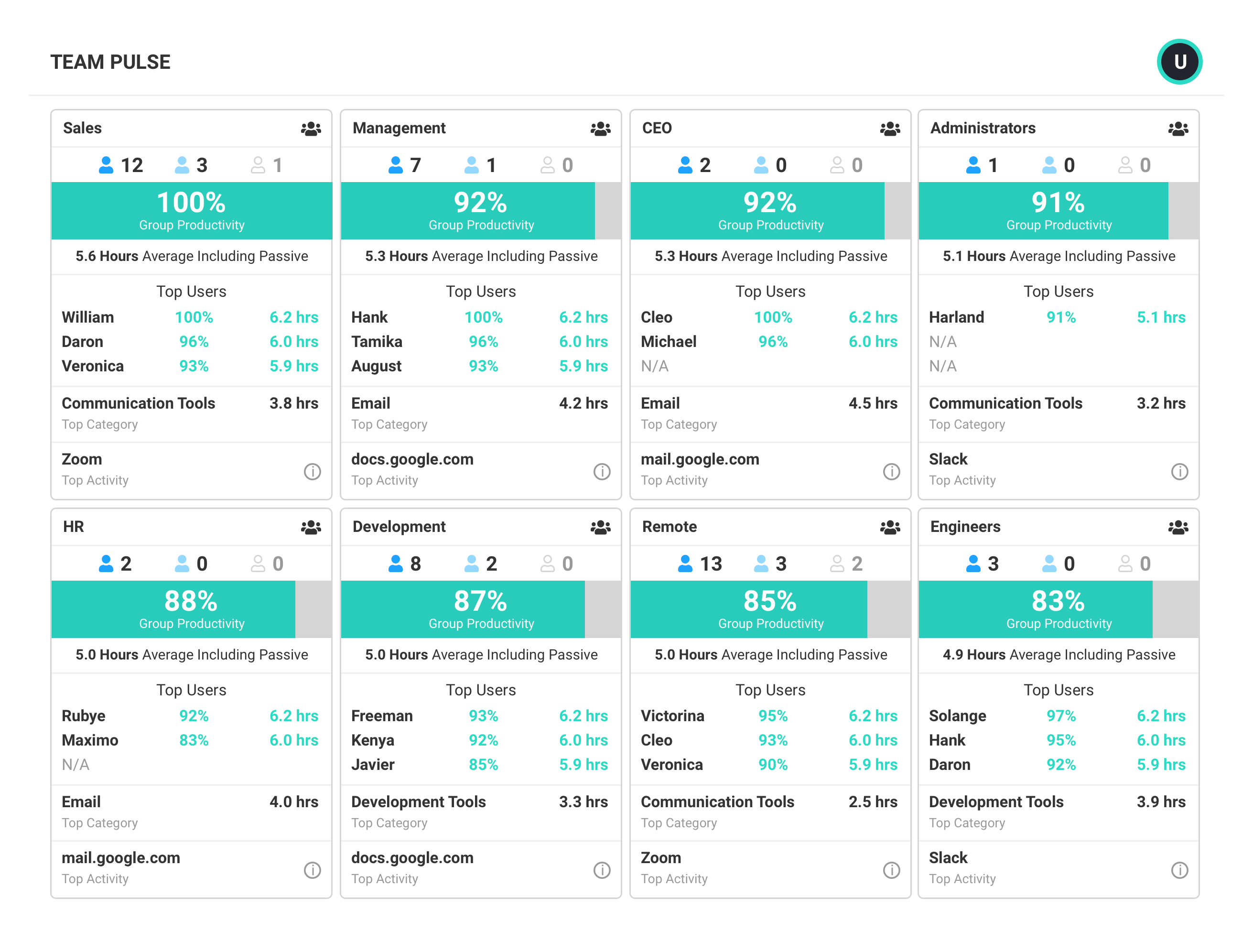
Location Insights
Make data-driven decisions about hybrid work with insight into where employees work — and where they work best.

Workload Management
Uncover opportunities across individuals and teams to balance workloads, increase efficiency and support healthy work habits.
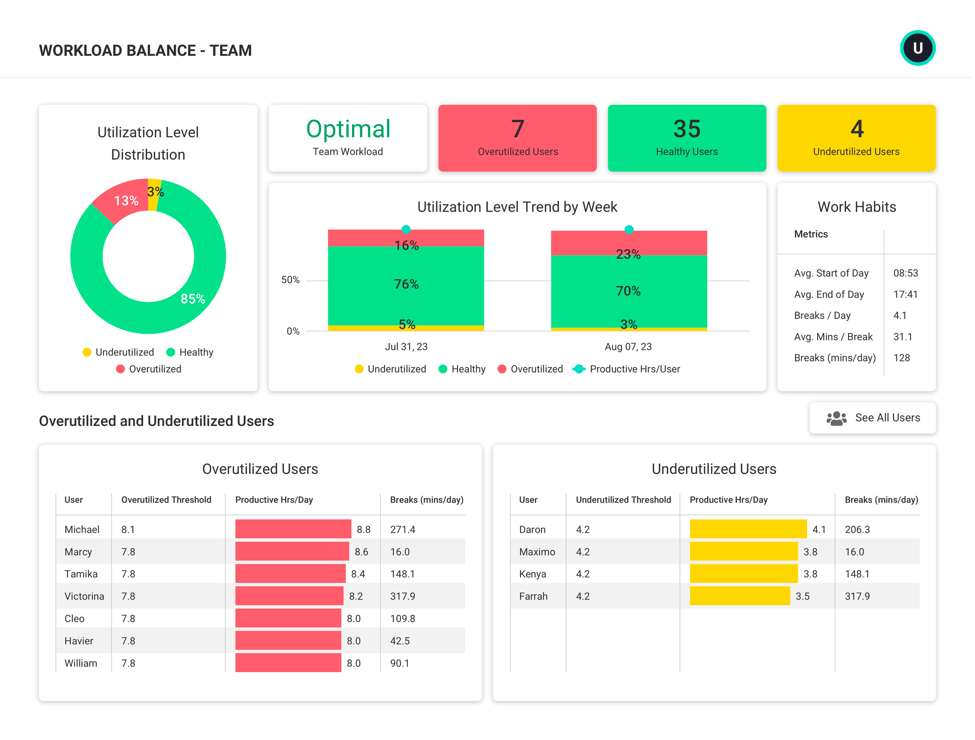
Productivity Coaching
Leverage expert guidance to drive collaborative discussions and empower employees to take charge of their professional development.
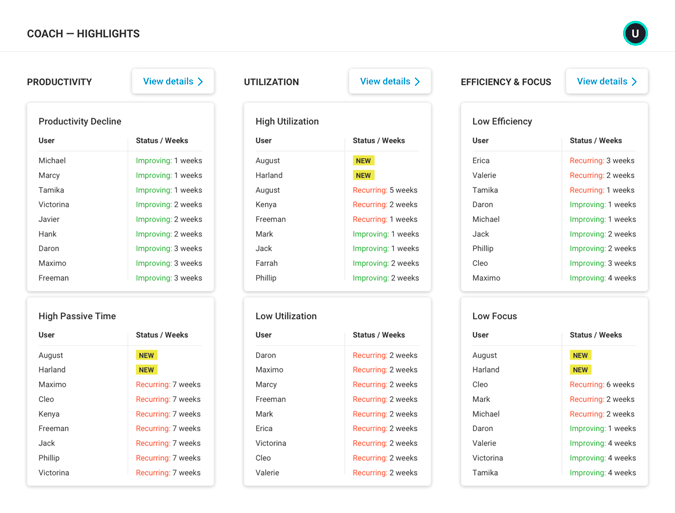
Integrations
Combine workforce activity data with key applications and data sources to understand broader business context.
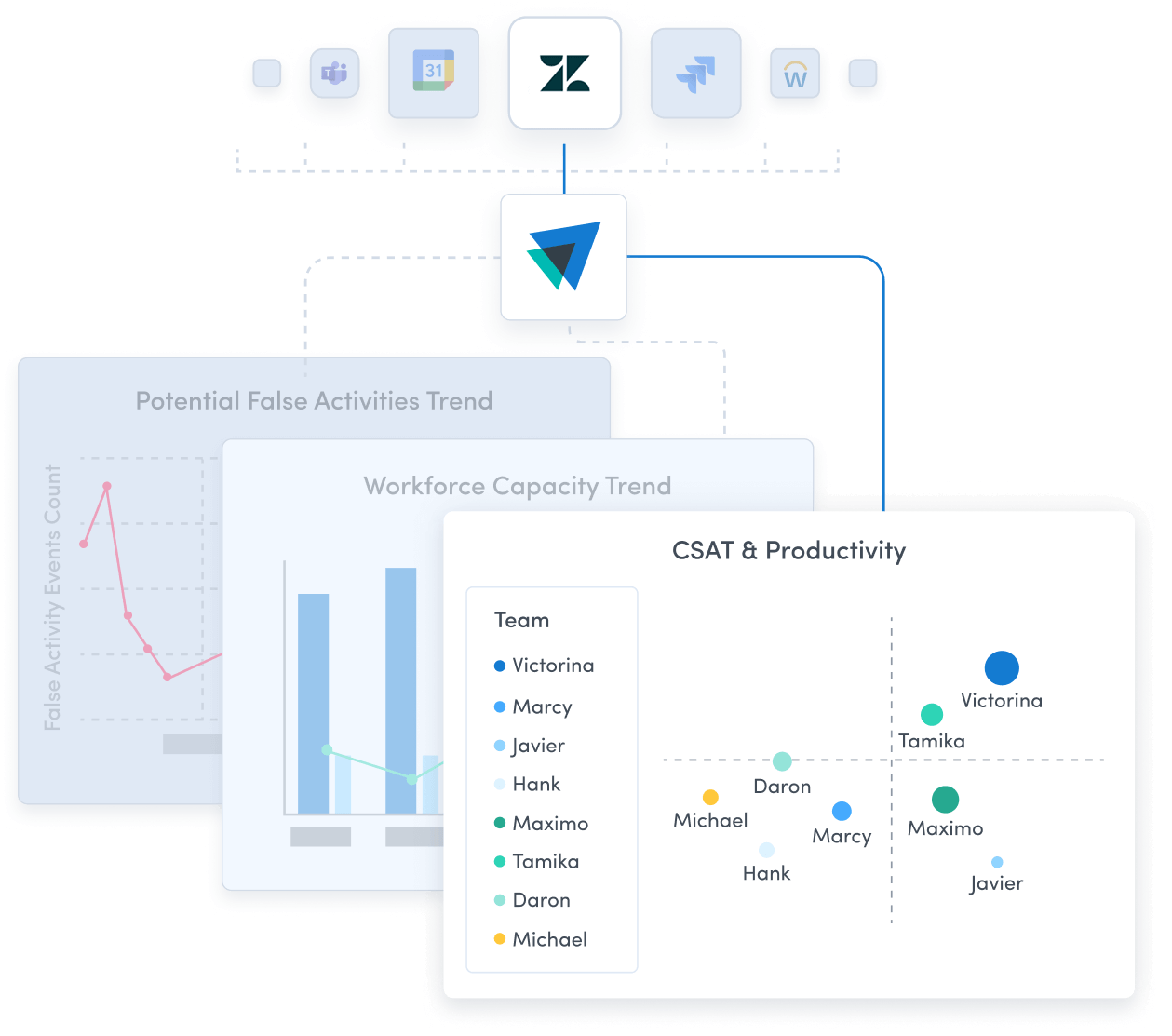
Personal Insights
Empower employees to improve productivity, focus and work-life balance by providing deep insights into individual work habits.
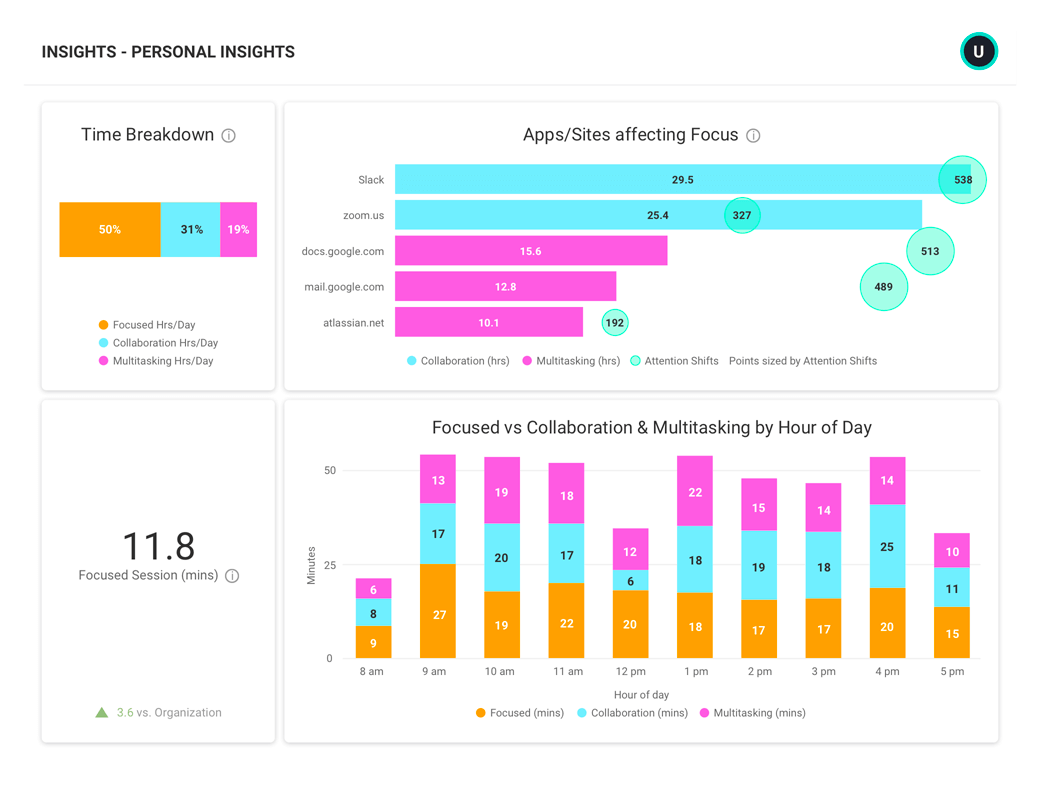
Privacy-first Analytics
Safeguard privacy and confidentiality without loss of any productivity insights, and forge higher levels of trust with employees.

User Management
ActivTrak makes it easy to invite and manage users within your ActivTrak account.
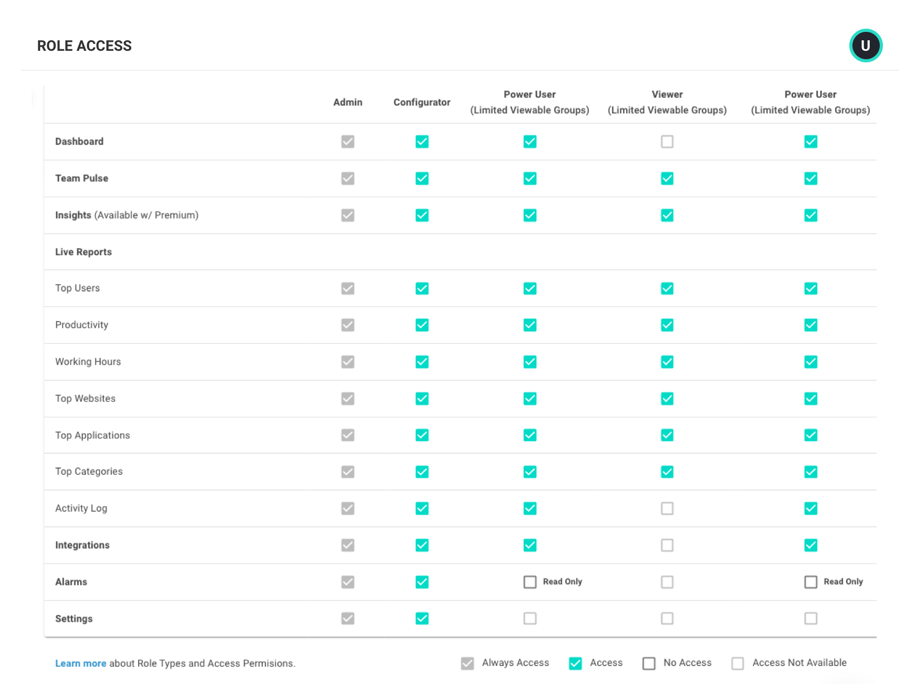
ActivTrak fits your stack
Get deeper insights, integrate with any app.
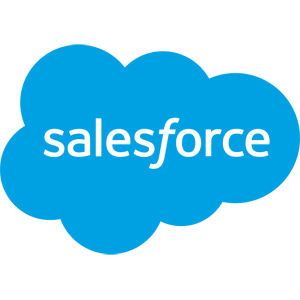
Saleforce
Microsoft Teams
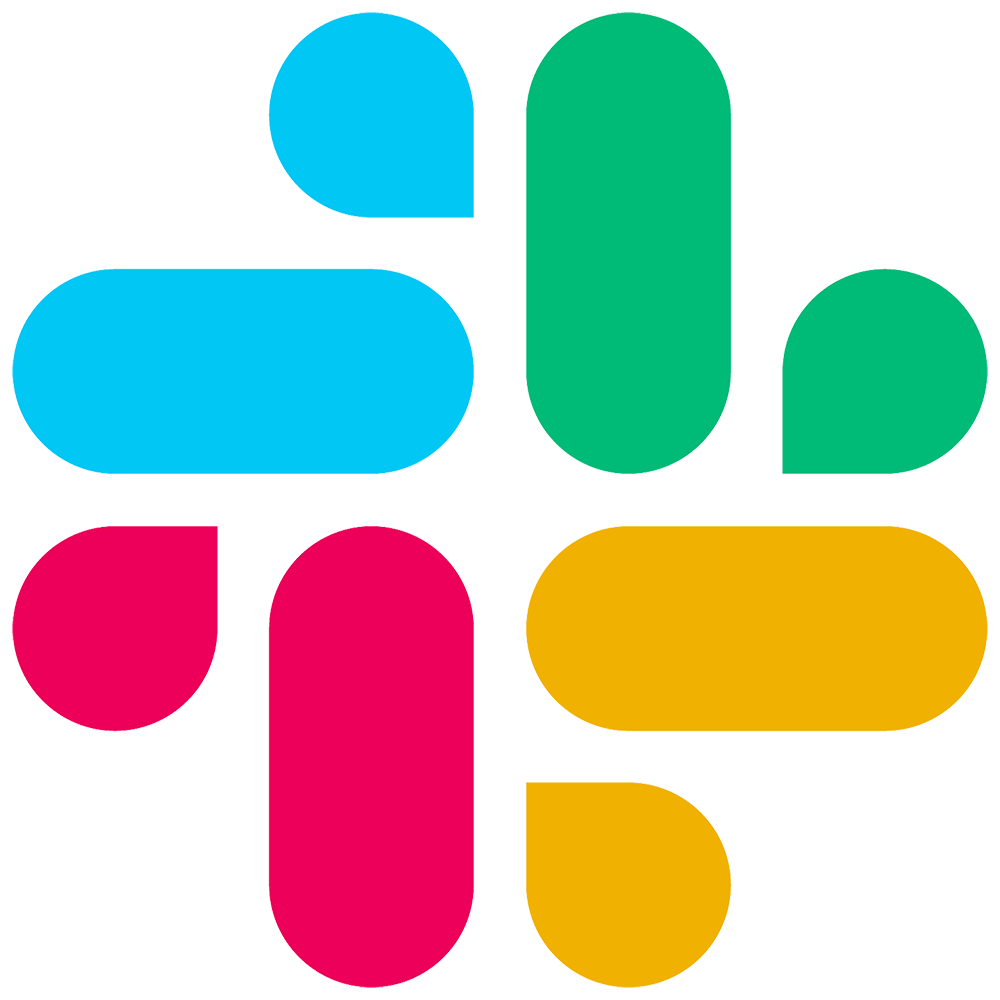
Slack
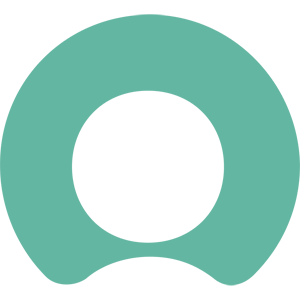
ServiceNow
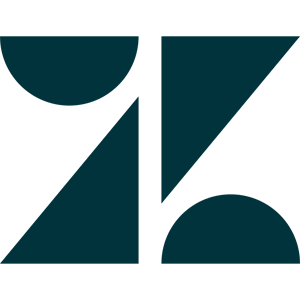
Zendesk

Zoom
Microsoft Viva
Lattice
Qualtrics XM
Jira Software
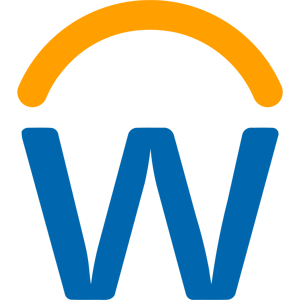
Workday

ADP
Culture Amp
Asana
How it works
Collect
Use the ActivTrak Agent to gather digital activity data about how employees work while safeguarding employee privacy.
Analyze
Assess productivity drivers, engagement levels and work habits through intuitive dashboards and AI-powered reports.
Optimize
Use ActivTrak Coach to improve productivity, performance and resource utilization for organizational health and well-being.
Getting started is easy. Be up and running in minutes.
FAQs about workforce planning
What is Workforce Planning?
Workforce planning is a process of determining the present and future needs of an organization’s workforce to reach business goals. It involves assessing existing staffing resources against projected needs, costs, and objectives. This helps to create an action plan, to understand what skills, resources, and training are needed.
The first step in workforce planning is to identify ideal roles within the organization. Then planning can proceed with the focus on the number of employees required for each role. By considering the current employee population, potential hiring needs, and new or expected processes and technology tools, an accurate plan can be made.
Once the plan is in place, it is important to monitor and review it regularly. This will help to ensure that the plan is up to date and that any changes in the organization’s goals or objectives are taken into account. Additionally, it is important to ensure that the plan is communicated to all relevant stakeholders, so that everyone is aware of the plan and can work together to achieve the desired outcomes.
What is Strategic Workforce Planning?
Strategic workforce planning is a long-term process that organizations use to accurately assess current and future organizational needs in regards to people, skills, and resources to meet long-term goals. It should also include a flexible and responsive way of anticipating and reacting to future changes in the organization or in the external environment.
This type of planning involves the creation of a strategy that is continually updated regarding such aspects as competency requirements, desired job roles mix and profiles, and key performance indicators for each role. Strategic workforce planning has the potential to develop a well-structured plan to employ individuals who possess the skills needed to meet future organization goals.
The process of strategic workforce planning should involve a comprehensive analysis of the current workforce, including an assessment of the skills and competencies of each employee. This analysis should be used to identify any gaps in the current workforce and to develop strategies to fill those gaps. Additionally, the process should include an evaluation of the external environment to identify any potential changes that could impact the organization’s workforce needs.
Why is Workforce Planning Important?
Workforce planning assists organizations in managing their current and future workforce requirements, ensuring optimal use of resources. Conversely, failing to plan can compromise the effectiveness of an operation by having too little or too many workers in certain positions. Without thorough consideration given to both current and future personnel needs, valuable productivity can be affected as a result.
Organizations can also identify gaps in their talent pool, creating a blueprint to plug those gaps. By understanding what job roles may be needed in the future – and which skills will be required – organizations can develop strategies to ensure they have the right people in the right place when they are needed.
In addition, workforce planning can help organizations to identify potential areas of risk, such as skills shortages or over-reliance on certain individuals. This can help to ensure that organizations are prepared for any potential changes in the future, and can take steps to mitigate any risks.
What is the Goal When Workforce Planning?
When effective planning is used it can bring long-term benefits with regards to operational efficiency and operational performance. The ultimate goal of workforce planning is to ensure an optimal number of staff with appropriate skillsets that meet organizational objectives.
Workforce planning software is a key asset for many organizations, connecting people planning with broader business objectives. This modern technology offers organizations a platform for forecasting future needs by taking into account all possible situations and scenarios, enabling employers to make informed decisions about their future workforce.
By using workforce planning software, organizations can also identify potential skills gaps and plan for the necessary training and development of their employees. This helps to ensure that the organization has the right people with the right skills in the right place at the right time, allowing them to remain competitive in the market.

